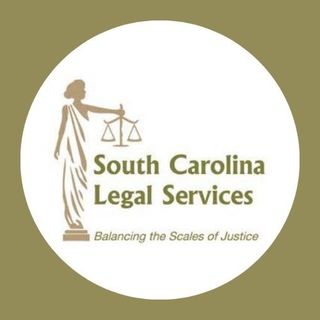Richland County, South Carolina
Free legal advice or legal representation for people who cannot afford it.
Welcome to our Richland County, South Carolina legal help and services page.
Legal Aid is for people who may not be able to afford an attorney. In order to qualify for legal aid at these non profit organizations listed below, you will need to contact them directly.
We provide the details of these offices to save you time in your search for legal aid. Our details include names, addresses, frequently asked questions, qualifications, etc where we can find them.
Legal aid services can include the following legal services for situations involving: Domestic violence, family law, housing rental evictions or home foreclosures, public assistance such as medicaid, food stamps, SSI Disability, SSDI benefits, public housing evictions, disability beneifts, etc.
Finding hard to locate resources for legal is what LegalAidOffices.com is all about. We scoured thousands of non profit resources to find as many local resources for free legal assistance as we can. View our listings below.
Search Results:
-
 SisterCare Email Website Learn more PO Box 1029
SisterCare Email Website Learn more PO Box 1029
Columbia, SC - 29202
(803) 926-0505
Sistercares mission is to provide services and to advocate for domestic violence survivors and their children, and to promote prevention of domestic violence through community awareness and training.Services are provided by advocates to inform battered women about the legal process and options avai...See Full Details
 South Carolina Legal Services - Columbia Office Email Website Learn more 2109 Bull Street, PO Box 1445
South Carolina Legal Services - Columbia Office Email Website Learn more 2109 Bull Street, PO Box 1445
Columbia, SC - 29201
(803) 799-9668
South Carolina Legal Services (SCLS) provides free legal assistance in a wide variety of civil (non-criminal) legal matters to eligible low income residents of South Carolina. SCLS handles civil (as opposed to criminal) cases that are non fee-generating. Fee generating cases are cases w...See Full Details
South Carolina Cities
Important Information
Legal Aid Funding
Legal aid professionals and organizations oftentimes receive government funding for taking on cases with those who cannot afford attorneys. For the most part, funding is limited so legal aid entities can only take on a limited amount of cases. Qualifications are often rigid.Resources